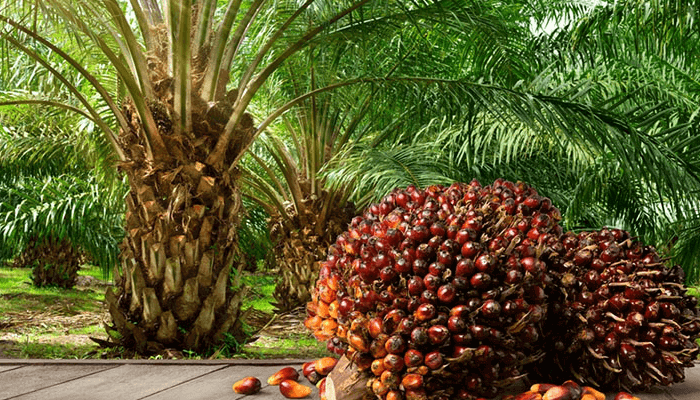From Okwe Obi, Abuja
Alarmed by rising health concerns and international rejection of Nigerian palm oil, the federal government, in collaboration with key stakeholders, has launched a nationwide crackdown on the sale of adulterated palm oil laced with harmful preservatives.
For years, the practice of diluting palm oil with dangerous chemicals, intended to prolong shelf life and maximise profit, has become widespread among wholesalers and retailers. However, the health implications, including underlying illnesses linked to consumption, have prompted urgent government intervention.
Speaking at the inauguration of a multi-stakeholder committee, Director of the Department of Agriculture at the Federal Ministry of Agriculture and Food Security, Iwara Bassey, said it will no longer be business as usual. He noted that a robust national traceability framework will be introduced to curb the menace.
“The establishment of a national traceability system for palm oil is a clear demonstration of our determination to modernize agricultural value chains, enhance global competitiveness, and promote responsible production and sourcing throughout Nigeria’s oil palm sector,” Bassey said.
“Traceability is essential for boosting consumer confidence and upholding product integrity. It helps eliminate adulteration, enforces compliance with national and international quality benchmarks, and strengthens the competitiveness of our palm oil in key industries such as food processing, pharmaceuticals, and cosmetics,” he added.
He explained that the traceability framework would allow authorities to pinpoint the origin of any contaminated or substandard palm oil, down to the specific farm, community, and state, thereby discouraging harmful practices in the supply chain.
Also speaking, the Programme Manager for Oil Palm at Solidaridad Nigeria, Kennechukwu Onukwube, revealed that pilot projects for the traceability system had been successfully conducted in four states, Akwa Ibom, Cross River, Enugu and Kogi.
“So we have proof of concept that Solidaridad has been able to facilitate in four states.
“This includes Akwa Ibom, Cross River, Enugu, and Kogi states. Other organisations like IDH, supported by the Kingdom of the Netherlands and the United Kingdom, are also working in Edo State on similar efforts”, he said.
Onukwube noted that sensitisation campaigns would soon commence to raise consumer awareness about the health risks of adulterated palm oil and how to identify safe, traceable products.
He emphasised that the initiative aligns with the National Agricultural Technology and Innovation Policy (2022–2027) and the National Initiative for Sustainable and Climate-Smart Oil Palm Smallholders (NISCOPS), which ran from 2019 to 2023 and improved farmer livelihoods while addressing climate adaptation and mitigation.
“The traceability system will be underpinned by a strong policy framework aligned with existing national agricultural policies. Once in place, we’ll see greater efficiency in production, processing, and marketing across the entire value chain,” Onukwube said.
According to him, key industry players such as the Oil Palm Growers Association of Nigeria, the Plantation Owners Forum of Nigeria, and the National Palm Producers Association of Nigeria are already on board and represented in the newly inaugurated committee.
The collective effort, he said, aims not only to ensure food safety and restore international confidence in Nigerian palm oil, but also to empower farmers, processors, and traders to thrive in a transparent and globally competitive market.


















Leave a comment